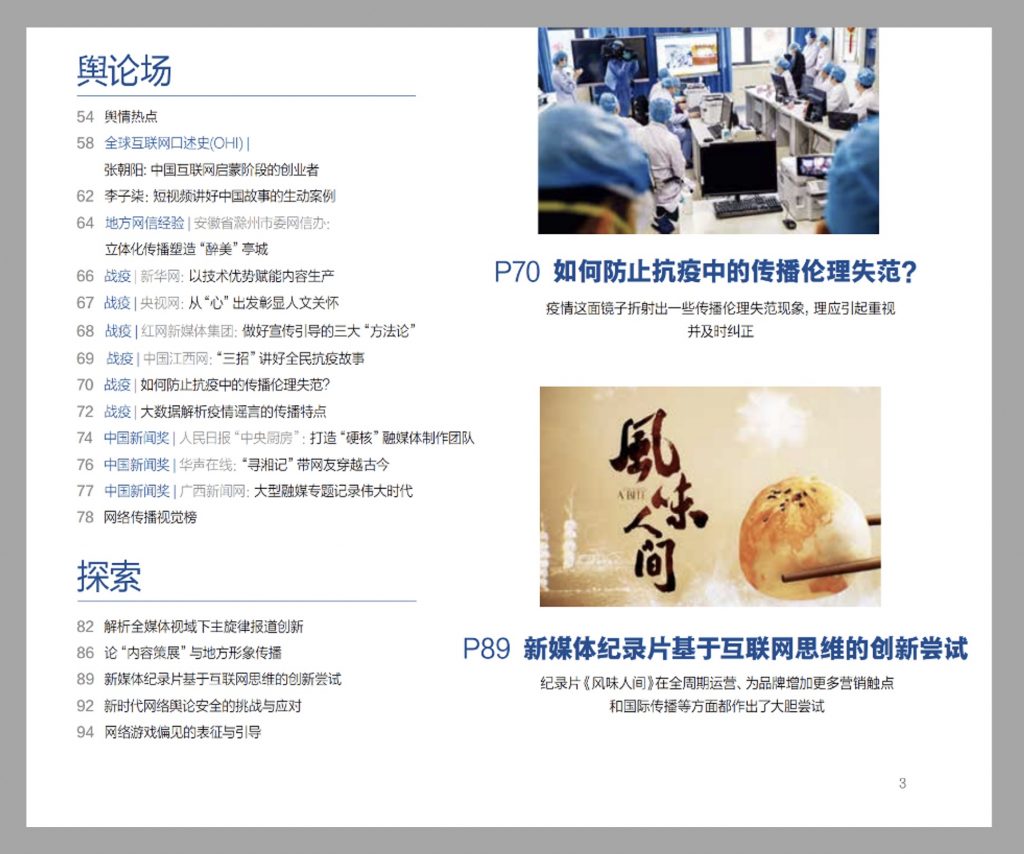
The Cyberspace Administration of China (CAC), the central agency for internet control and regulation, announced on its official WeChat account on January 5 that New Media (网络传播), the agency’s flagship monthly magazine on internet policy that literally translates “internet communication,” will be renamed in Chinese. The magazine’s new name will be “China Cyberspace” (中国网信), which more directly references the name of the agency itself. The publication’s English name will apparently remain unchanged.
In its notice of the change, the CAC said the magazine would focus hitherto on the “deeper study and application of Xi Jinping Thought on Socialism with Chinese Characteristics for the New Era,” as well as readings of the work and policy decisions of the Central Cyberspace Affairs Commission, led by Xi, and general knowledge about cyberspace – all supporting “the building of a cyber power” (网络强国).

The newly-branded publication, overseen by the CAC, will be published by the China Academy of Cyberspace (网络空间研究院), a so-called “new think tank” created in 2015 that regularly supports research on various aspects of internet policy and regulation.
The new CAC magazine will include four sections, including “Directions” (风向), focusing on “cutting-edge reports” on the work of the CAC and readings of policies; “Monthly Reports” (月报), providing context and “political strategy” analysis for the biggest reports (报告) of the month; “Public Opinion Sphere” (舆论场), a “platform for research on the public opinion ecology [in China]” (网络舆论生态的研究平台); and “Exploration” (探索), which will showcase academic research and industry discussions.
Will the new New Media make for gripping reading? Perhaps not. But it should be essential reading for those who follow CCP policy on cyberspace.

Content from the CAC’s magazine is also published through the publication’s WeChat official account (网络传播杂志), where the focus is more concentrated on regulatory announcements and briefings on related laws. But the account also from time to time provides summaries and commentary on recent incidents, such as the firing of a teacher at a vocational school in Shanghai who allegedly made “erroneous remarks” on the number of victims of the 1937 Nanjing Massacre (see coverage from CMP here).




















